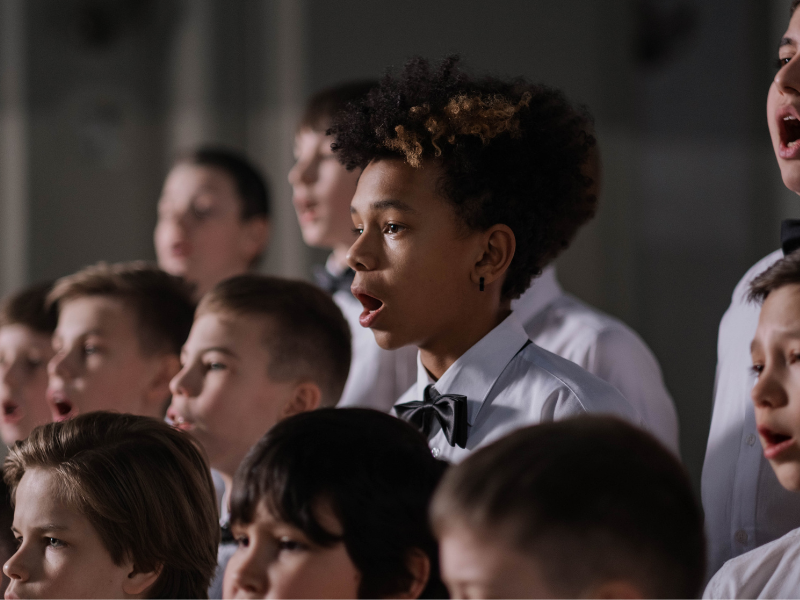Pitch patterns help us understand music and emotion in speech
Pitch pattern recognition is vital for both music comprehension and understanding the prosody of speech, which signals emotion and intent. But what happens when you can’t hear pitch patterns – do you enjoy music less and hear less emotion in speech?
It is very hard to assess the enjoyment of music or speech, but it is possible to measure the processing of pitch patterns. If we are unable to process them effectively, this could lead to a very different experience of not only music listening and learning but of most social and verbal interactions.
People with Cochlear implants struggle with tasks of pitch-based prosody perception. In this study, the researchers trialled a short-term music training program to see if it could assist Cochlear implant users in developing their pitch pattern recognition with the hope that this could lay the foundations to improve their speech prosody processing.
Great news – “These data suggest that short-term auditory-motor music training of CI users impacts pitch pattern recognition.” This short music program did not see improvements in speech perception, speech prosody perception, or pitch discrimination but with longer exposure to music training, these may indeed improve. We will just have to wait and see.

